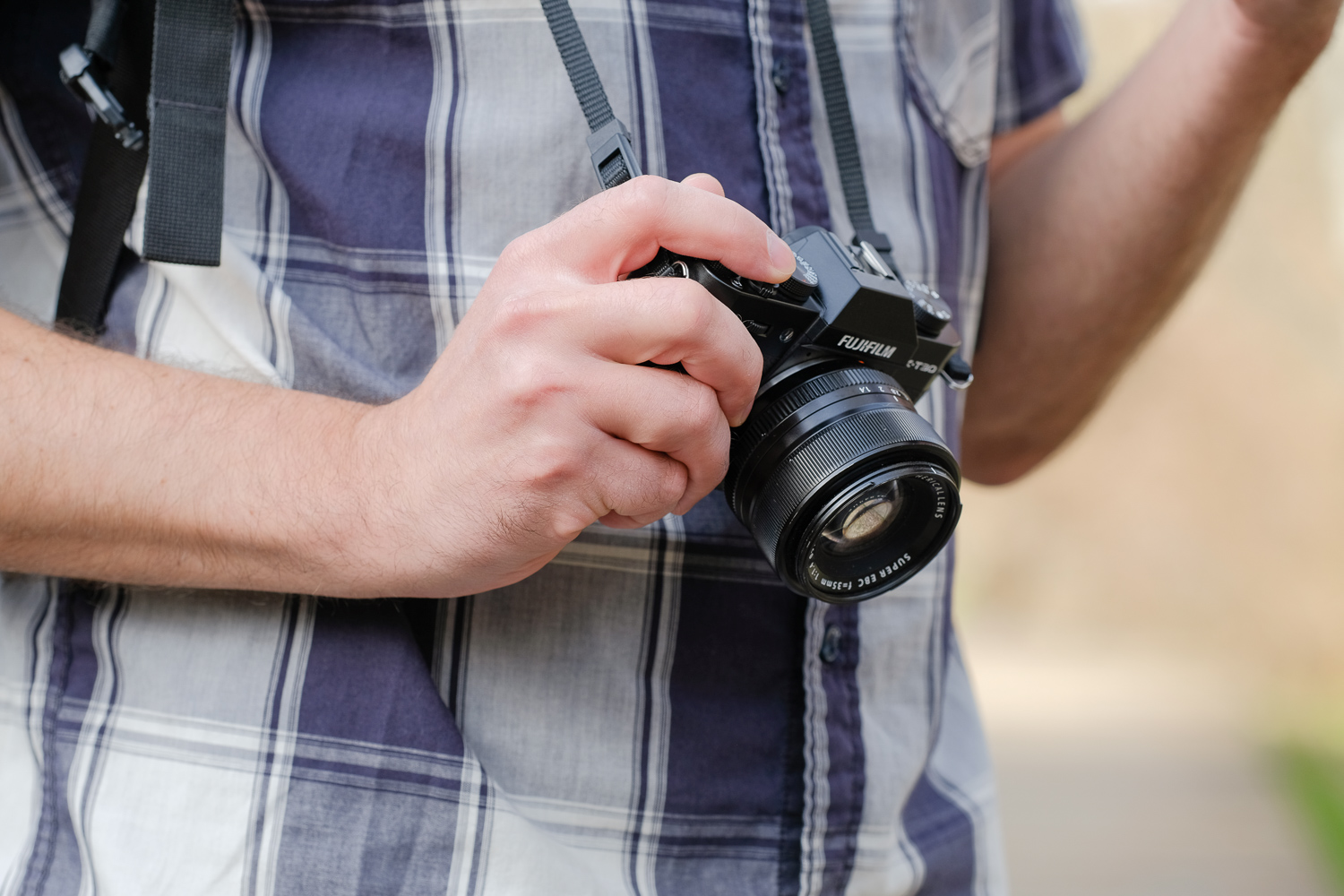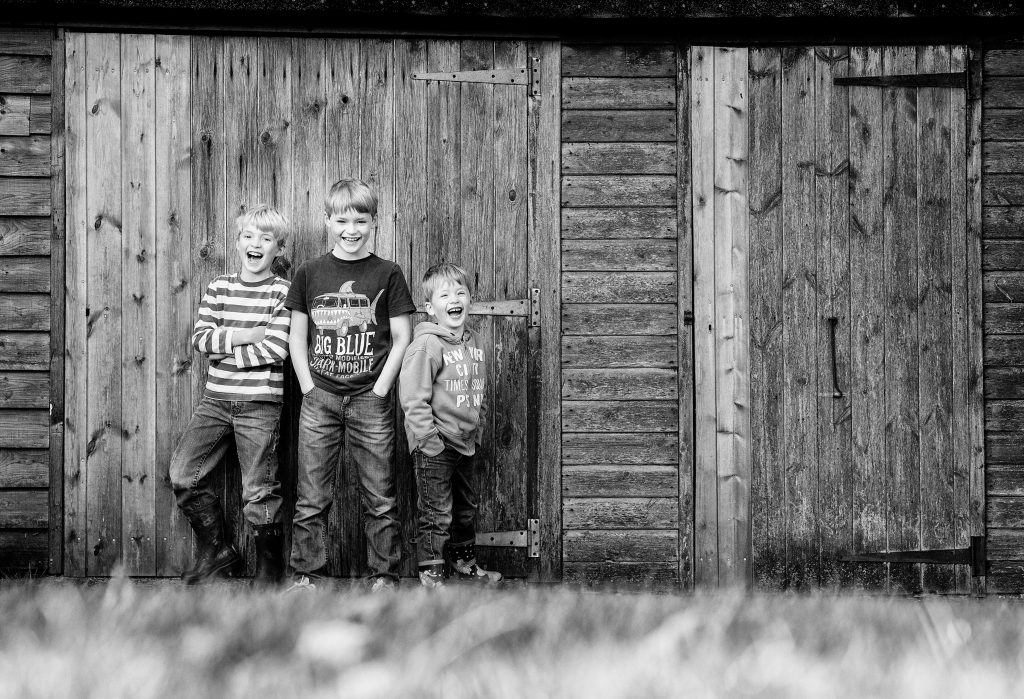
There are many photography careers available, including commercial and photojournalism. Photojournalists are photographers who take photographs of people and other things. Portrait photographers work in a studio. Commercial photographers create images to sell books and other products. Photographers who specialize in landscape photography take photos of buildings and landscapes. You may also be a specialist in a particular style of photography. These occupations are highly in demand. It is helpful to understand more about each. You can start your career by pursuing one of these fields if you're interested.
Photojournalists capture the faces of people
Photographicjournalism is taking pictures of people. Photojournalists make their subjects look real by taking good-composed and exposed photos. This skill is extremely important in today's modern world. It allows people to see the world around themselves. These images were difficult to find before the advent media. Photographers often had no other choice than to read newspapers. While newspapers were useful for reporting, they lacked the emotional impact that pictures have. Photographers must have the ability to capture these emotions and put them into pictures.

Studio for portrait photographers
To become a portrait photographer, you should be familiar with all the equipment you need. A studio is a space that has a background. Even if the location is not ideal, these backdrops provide a natural backdrop that creates a stunning, natural background. You will need various backdrops depending upon your needs. You can rent a backdrop or create one yourself in your home.
Commercial photographers take images for books
This book features beautiful photos and stories from commercial photographers. Each contributor can be equally skilled in all aspects of photography, even though they may specialize in one or two specific areas. Cig Harvey, for example, is an expert in advertising illustrations while Cassandra M. Zampini specializes on still life photography and product photography. Although these photographers have their own styles, the common goal is to create beautiful images in books.
Photographers taking landscape photos of buildings
Three elements are essential to landscape photography: composition, camera gear, and post-processing. These three essential elements are necessary to be a successful landscape photographer. Here are some tips to improve your skills. 1. Avoid shooting landscapes in direct sunlight. Although it may seem too busy, direct sunlight can make landscape photographs look less appealing. Proper posing is essential for landscape photography. Your composition must be balanced.

Photographers at wedding ceremonies take photos
The photographer hired to take photos at a wedding ceremony must ensure that they are able to do so within the given timeframe. This means that the photographer must have an extensive shot list and be prepared for any potential obstacles that might arise. Photographers should be familiar with the best locations and lighting conditions for photography. The photographer should also be able to offer several different options for poses.
FAQ
What Camera Should You Get?
This all depends on who you want as a photographer. If you are just starting out, a basic point-and shoot camera is all you will need.
However, once you've mastered the basics, you'll likely want something more advanced. The decision is yours.
Here are some things to consider before purchasing a camera.
-
Features: What features do you need? Do you plan to use manual settings, autofocus, or both? What number of megapixels does the camera have? Is there an optical viewfinder?
-
Price: How much do you want to spend? Are you planning to upgrade your camera every year or two?
-
Brand: Are you happy with the brand that you choose? There is no reason you should settle for less.
-
Functionality: Can you use your camera in low light situations? Are you able to take high-resolution images?
-
Image Quality: How clear and sharp are your images?
-
Battery Life: How much time will your camera last without needing to be recharged?
-
Accessories: Do you have the ability to attach flashes, additional lenses, and so forth? ?
Should I get into photography as an interest?
Photography is a great way of capturing memories and sharing them with loved ones. It also allows you to learn more about the world around you.
You can find a lot of online resources that will teach you how to take better images.
Consider enrolling at local art schools or community colleges. You can meet other photographers and get valuable feedback about your work.
How can I look great in photos?
You will look your best in photos if they are taken by you. Learn how to pose and what angles look best. Additionally, you'll learn how to use lighting and props in order to enhance your natural beauty.
This course will teach you how to choose clothing that fits well, make-up that looks great, and hairstyles that flatter your face shape.
We will also help you retouch your images using Photoshop or another editing software, if you are not satisfied with the results.
Do yourself a favor and take some self portraits!
Light Room is an excellent tool to enhance your images.
Start early to get the best photos possible for your project. It is always better to take as many photos as you can and then choose the best.
This is possible because Lightroom lets you see how different settings affect each image. You can also adjust these settings on-the-fly without going back into Photoshop. This allows you to quickly experiment with what looks good and what doesn’t.
How can you become a skilled photographer?
Photography requires patience, dedication, passion, and practice. If you are passionate about your photography, you will do much better than you would if you were only interested in making a living.
You need to learn how to use your camera properly. It is important to understand the basics of composition, lighting and exposure. You also need to have a decent understanding of Photoshop.
It is hard to master photography, but it is worth the effort.
To improve your skills, you can read books and attend classes. You can also participate in competitions. This will allow you to gain confidence and experience which will result in improvement. What equipment will I need?
It all depends on what type photography you do. If you are interested landscape photography, you will need to have a wide-angle zoom lens.
If you're interested in portrait photography, you should get a telephoto zoom lens.
Photographers need a tripod. You can stand back and compose the picture, without having to move.
A camera bag is useful for carrying your camera, memory cards, and other accessories.
If you use a compact camera, a flash unit is required.
A DSLR (Digital Single Lens Reflex), is the best camera choice for beginners who want professional quality photos.
DSLRs are very popular because you can control every aspect of the photo including shutter speed, apertures, ISO sensitivity and white balance. You also have the option to use autofocus, autoexposure lock and self-timer.
Is photography an artistic talent?
Photography is not an artistic talent. It is an art that takes practice, training and experience. To master any aspect of photography, it takes years of practice and study.
Photography is a business. You must have a plan to make money.
This is possible by understanding the client type you wish to attract, and then finding ways to reach them.
You must get to know them and their goals. You need to be able communicate clearly and persuasively in order to persuade your clients to purchase your services.
This means that potential clients will require you to be well-organized.
When you are ready to approach potential customers, you will need to create a portfolio of your work. This can be done digitally using software programs or printed onto paper.
After you have built a portfolio, it is time to look for ways to showcase it. You can either approach businesses directly or advertise online.
Statistics
- In this case, 100% of readers who voted found the article helpful, earning it our reader-approved status. (wikihow.com)
- There are people out there who will pick at flaws they can only see in 100% crops of your photos. (wikihow.com)
- This article received 13 testimonials, and 100% of readers who voted found it helpful, earning it our reader-approved status. (wikihow.com)
- Get 40% off Adobe Creative Cloud(opens in new tab) (creativebloq.com)
External Links
How To
How to Take Pictures of Yourself
Portraits are important because it shows who you really are. They can also tell your life story. Perhaps you have a favorite image of yourself from when you were younger. But now, you want to capture something more. It is easy to forget the joy of taking photos. These are some tips that will help you get started.
-
Make sure you have enough light. Photographing portraits in the early morning or later in the afternoon is the best time. Use flash only when there is not direct sunlight. This will wash out all details. Also, avoid shooting at midday. You will have too many shadows.
-
Use a tripod. The camera will not move if it is held still. That means you'll miss the chance to freeze action. If you plan to use flash, make sure that your shot is set up without one. Next, turn off your flash and then go back to the original shot.
-
Close-ups are best. Closeups are great for showing detail. If you have a bad eye, closeups can appear fake. Pay close attention and observe the noses, eyes, and mouths. Notice anything unusual? Are glasses worn by someone? Are there freckles under her nose or on her eyes? These things add depth to a person's appearance.
-
You shouldn't force smiles. Smiles can be tricky. Many people smile naturally when happy. However, others may not. It's not natural to make them smile if you force them. You should think about what makes your laugh. Perhaps you laugh at silly things, such as a cat jumping through an hoop. You might even love the process of paint drying. Whatever it may be, don't stop thinking about it until your heart starts to laugh.
-
Be creative. Many people think they are boring. It's not bad to be boring. Find ways to get out of the normal. Ask someone to pose behind their back with his hands in front. Perhaps you could suggest having him put on a funny hat.
-
Keep practicing. If you practice every day, eventually, you'll become better at capturing moments. As you improve, you'll notice more interesting things happening around you.
-
Have fun. It should be fun to take photos. You'll be more inclined to return to the same process if you enjoy it. You will likely end up with some amazing photos.
-
You should share your work. Once you learn how to take good pictures, share them with friends and family. Let them know why you took the photo. Show them where you went. Let them know what your experience was.
-
Be patient. Sometimes, you won't get it right. It happens to everyone. Don't worry. You can just move on to another picture.